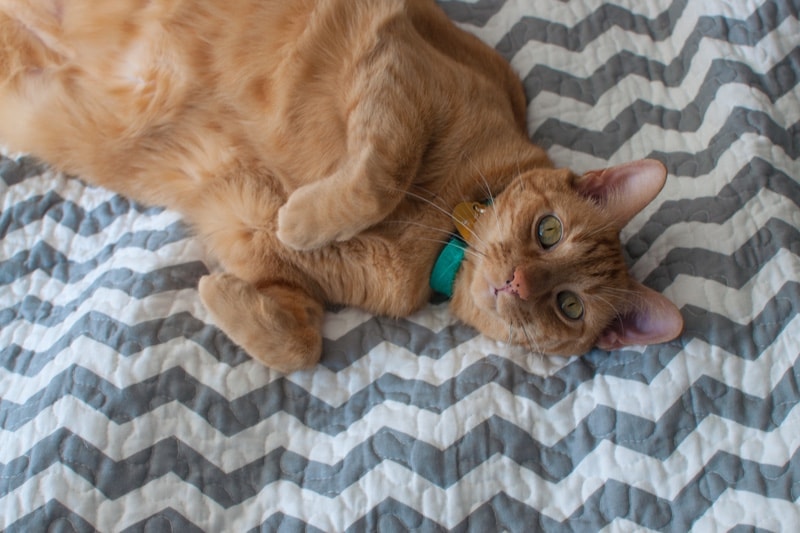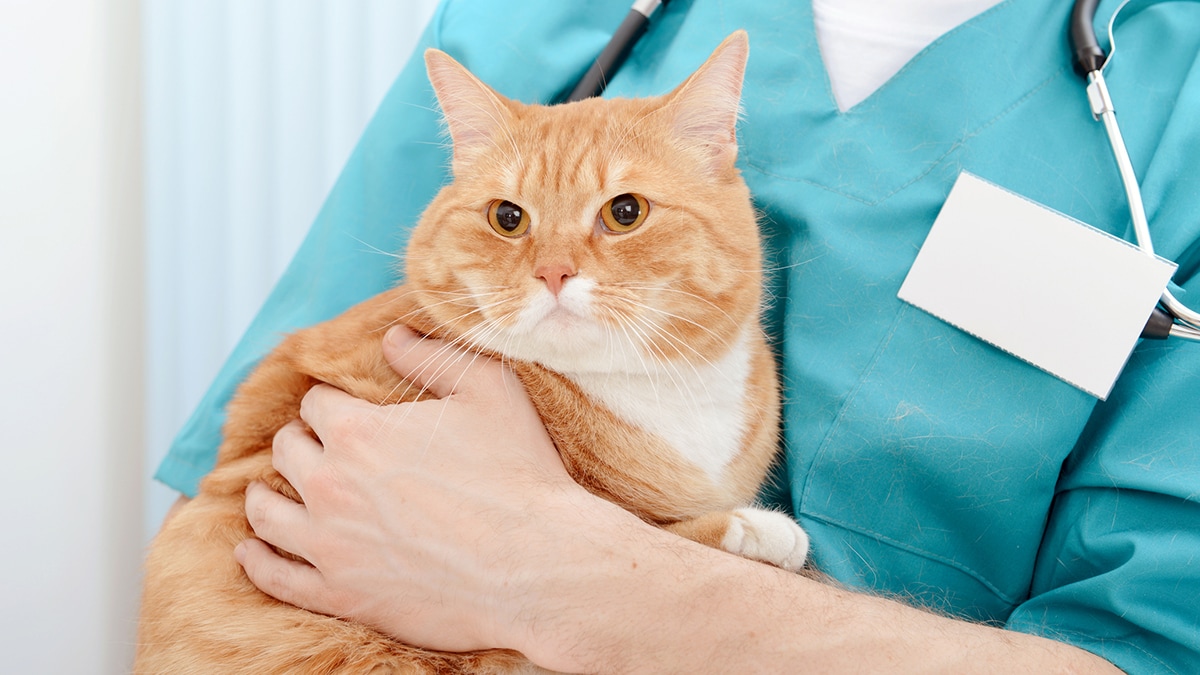It's not uncommon for cat owners to feel a little guilty when their feline friend is begging for food, but it's important to remember that cats, like humans, need a balanced diet to maintain a healthy weight.
If your cat is overweight and always seems to be hungry, there could be a variety of reasons for their behavior.
In this article, we'll explore some possible causes of feline obesity and offer tips for helping your cat achieve a healthy weight.
The Role of Overfeeding in Feline Obesity
One of the most common causes of obesity in cats is simply consuming too many calories.
Even if your cat is getting all of the nutrients they need, if they're eating more calories than their body can use, the excess will be stored as fat.
To avoid overfeeding your cat, it's important to measure their food carefully and stick to the recommended serving size.
This information can usually be found on the back of the cat food bag or can be obtained from a veterinarian or pet nutritionist. Keep in mind that treats and scraps from your own meals should be given sparingly, as they can add extra calories to your cat's diet.
It's also important to choose a cat food that is appropriate for your cat's age, size, and activity level.
Some cat foods are higher in calories and fat than others, so it's important to read labels and choose a food that is suitable for your cat's needs. A veterinarian or pet nutritionist can help you determine the right diet for your cat.
The Role of Underlying Medical Conditions in Feline Obesity
While overfeeding is a common cause of obesity in cats, there are also medical conditions that can contribute to weight gain.
For example, some cats may have a hormone imbalance that makes it difficult for them to process and store energy properly, leading to weight gain and an insatiable appetite.
Other medical conditions that can cause obesity in cats include diabetes, hypothyroidism, and Cushing's disease.
If you suspect that your cat may have an underlying medical condition, it's important to visit a veterinarian for a proper diagnosis and treatment plan.
The Role of Lack of Exercise in Feline Obesity
In addition to diet, exercise is an important factor in a cat's weight and overall health.
Cats are naturally active animals and need regular opportunities to move and play. If your cat is not getting enough exercise, they may be more likely to become overweight.
There are a few different ways you can help your cat get the exercise they need. One option is to provide interactive toys, such as scratching posts, laser pointers, and wand toys. You can also encourage your cat to play by setting aside time each day to engage in play with them.
Another option is to provide your cat with a "catio," or a small outdoor enclosure where they can safely explore and play. Just be sure to keep your cat's safety in mind and provide plenty of supervision when they are outside.
The Role of Neutering or Spaying in Feline Obesity
Spaying or neutering your cat can have a number of health benefits, including reducing the risk of certain types of cancer. However, it's important to be aware that spaying or neutering can also lead to weight gain in some cats.
This is because the procedure can slow down a cat's metabolism, which means they may need fewer calories to maintain a healthy weight.
If you have recently had your cat spayed or neutered, it's important to adjust their diet accordingly and monitor their weight.




